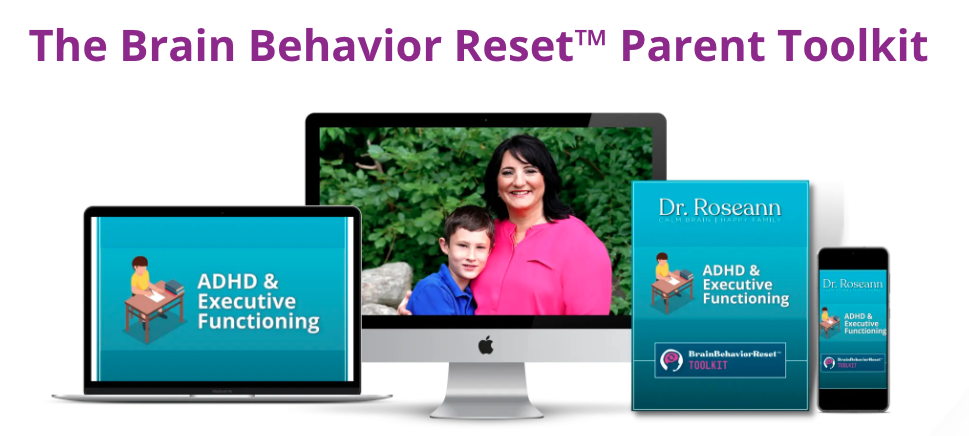Surely, it has already crossed many parents’ minds how they could get their kids to improve their work production or how they could be faster in terms of getting things done.
Though it sounds negative if we think about the need to make your bright kid work faster, there’s a solution to that. The secret is improving their executive function skills.
We can help them be organized and focused so that they’ll be able to be more efficient in getting things done. With that, let’s dive into the discussion of advanced executive functioning skills.
What are advanced executive functioning skills?
In our last podcast episode, we talked about foundational skills which are essential in executive function and we’ve pointed out that we can’t build a house without a solid foundation.
Without these foundational skills, we can’t get to these higher level skills nor can we expect our kids to have amazing outputs without reinforcing those foundational skills in place.
As for advanced skills, these are all the things that can be taught and so, we need to reinforce and shape them. We need to get them to ensure that our kids will be efficient in getting things done. With foundational skills, they get to start tasks and control their impulses whereas with advanced skills, we get them to plan and prioritize.
At the heart of executive functioning is the ability to plan and prioritize.
At the heart of executive functioning is the ability to plan and prioritize. And we’ve always said that kids who lack executive functioning skills mean they don't see an end result to whatever they’re doing; they don't think about outcomes.
And so at school, when a teacher says they have to do something, it sounds like a foreign language to them because they don’t understand. For those who have great executive functioning skills, they always think about the outcomes.
Planning and prioritizing starts with showing the end result and working backwards. You can learn more on how to do this in our reset toolkit which is easy and affordable for parents to get their kids’ skills to dive deeper.
What works for you and your family.
When finding solutions, you always have to look at what works for you and your child. Most kids with executive function disorder are time blind. They don’t have a sense of what time it is.
You let your child take his or her time doing something when there’s a lot of time to spare but make sure to set a limit especially when there are more important things to do. Let them understand the concept of time.
Goal-directed persistence requires a lot of reinforcement and a lot of clarity.
Working towards a goal and you have the skills to persist translates to having goal-directed persistence. What it means is that we have broken down a task and it’s clearly laid out.
Goal-directed persistence requires a lot of reinforcement and a lot of clarity. We can’t simply assume that because our kids have high IQ that they entirely understand what they need to. That’s the reason as to why most kids don’t persist and just give up.
Sometimes, talking to yourself helps and your brain works by listening to itself. That’s what metacognition is. However, people with executive functioning don't talk to themselves in their brain in the same way.
What we need to do instead is to talk out loud. When you think about a task, you have to say your message across to your kids to make sure that they understand. Don’t just have a metacognitive conversation.
How to scaffold stress tolerance in your kids.
Sometimes, even when kids are not able to organize their thoughts, they find many different ways to get an outcome in doing something. But then, we still have to teach them how to manage dealing with stress.
There are many possible effects if your kid can’t manage stress. Some teenagers go smoking pot or drinking alcoholic beverages when everything just gets a bit too much for them. Some bury themselves in video games and other ways to numb themselves out.
We have to remember that stress tolerance is the nexus of good mental health. It can be taught and it needs to be reinforced by parents. Let’s hope it got you hopeful. Don't ever be overwhelmed by these things.
You start with foundational skills and then, you move to each area and they build upon each other to reach a higher level set of skills. The more our kids have success, the more that independent formation of skills happens.
Links and Resources:
Is your child struggling with attention and executive functioning skills? Learn how to get your kid to listen and finish tasks in 30 days without the constant nagging and fighting. Get the Dr. Roseann's Parenting Toolkit for only $47 today!
➡️ Join our FREE Natural Parenting Community to receive science-backed resources for your child and family. Join here.
➡️ Get help from Dr. Roseann and her team. Apply here.
➡️ “Is it ADHD or something else?” Take the quiz.









